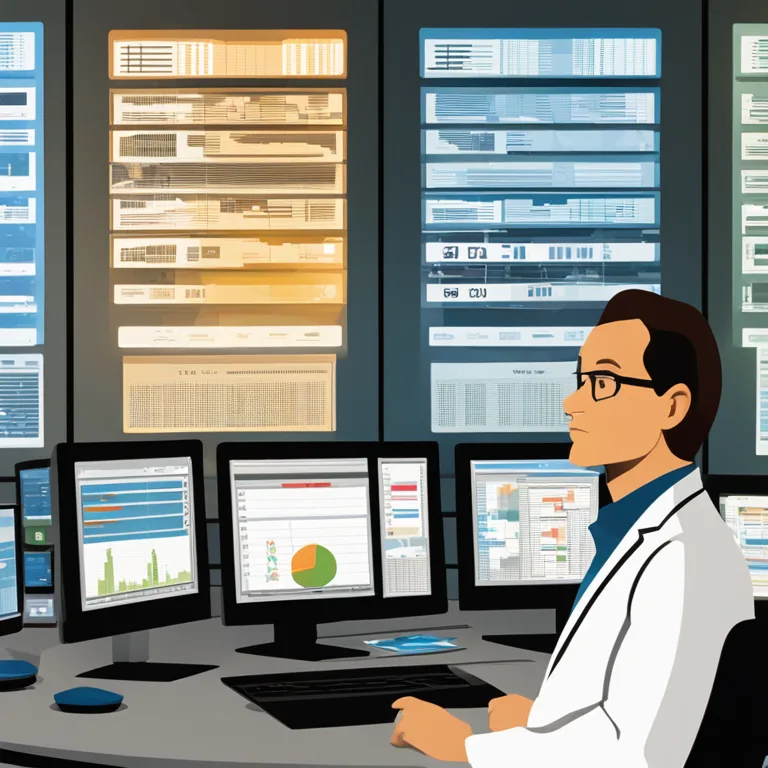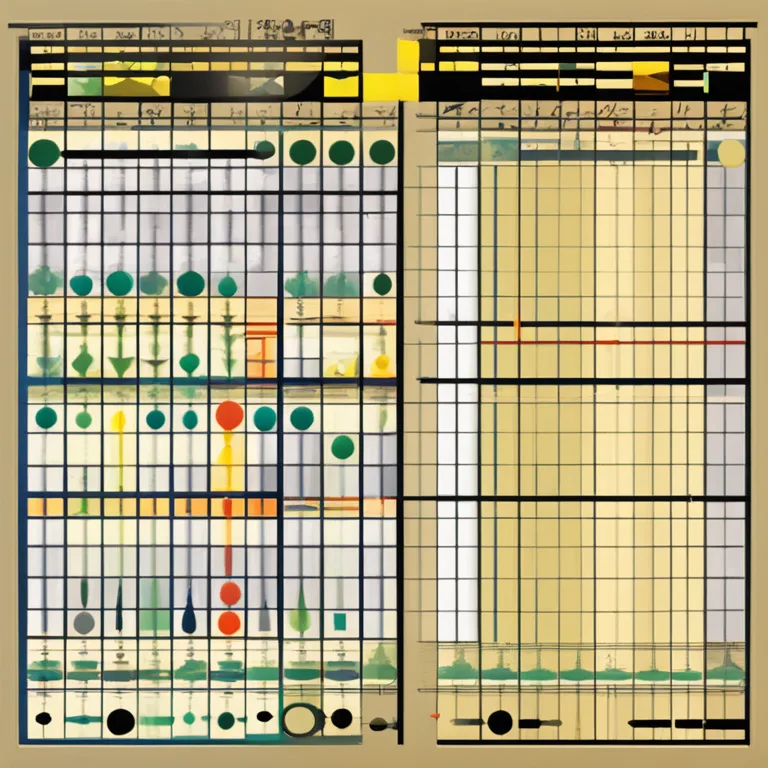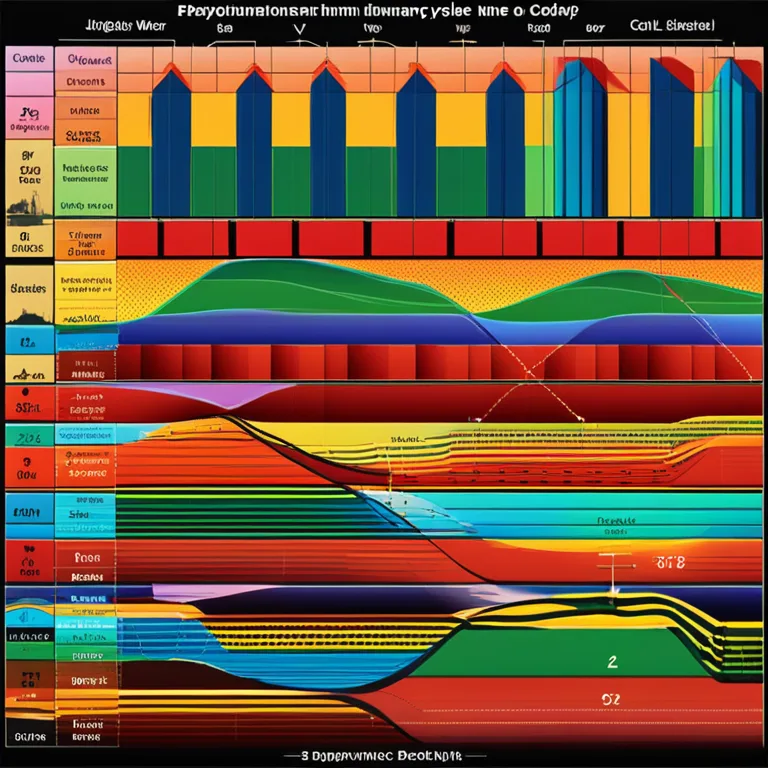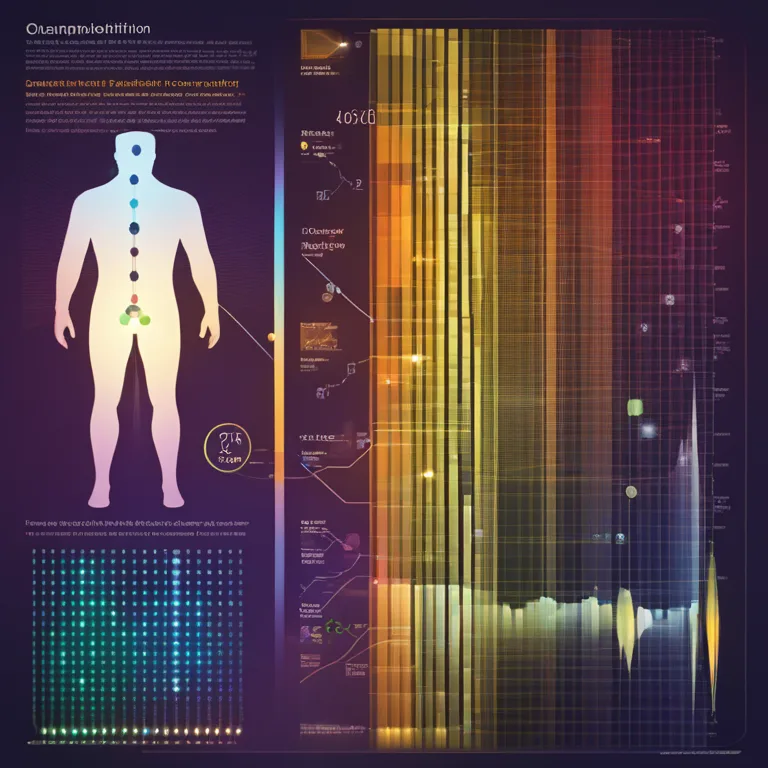
The Accuracy of Biorhythms: Fact or Fiction?
Examine the validity of biorhythms in predicting personal vitality and life cycles in this in-depth analysis.
article by Adrian Wallace
Biorhythms: An Overview
What are biorhythms, and where did they originate? This concept proposes that our daily lives are influenced by rhythmic biological cycles. Historically, biorhythms date back to the 19th century but gained popularity in the 1970s. Adherents suggest that understanding these cycles can lead to improved life decisions. In essence, there are three primary biorhythms: the 23-day physical, 28-day emotional, and 33-day intellectual cycles. By tracking these, one could theoretically predict times of strength, weakness, and critical days for decision-making.

The Scientific Scrutiny
Scientifically, the accuracy of biorhythms has been a subject of contention. Numerous studies have attempted to validate their predictive power, often with mixed or negative results. Critics argue that the purported connections between biorhythms and real-world outcomes lack empirical evidence. Moreover, the cycles' fixed lengths disregard individual variations. With current advancements in chronobiology, researchers are more inclined toward personalized biological rhythms rather than fixed cycles for all individuals.

Psychological vs. Predictive Power
One compelling question is whether the belief in biorhythms can influence one's experiences due to the placebo effect. Psychological studies have shown that when people believe in a certain system's efficacy, their subjective reporting of outcomes tends to be in line with those beliefs. Hence, while biorhythms might not have scientific predictive power, people's belief in their biorhythm charts could potentially influence their perception of personal performance and well-being.

Personalization in Modern Practices
In the age of personalized medicine and quantified self-movement, biorhythms face a wave of modern skepticism. Personal health technology enables individuals to track an array of biological metrics significantly more complex than the traditional biorhythm model. Data-driven personal analytics highlight the uniqueness of each individual's bodily rhythms, potentially usurping the one-size-fits-all biorhythm charts with a more nuanced view of personal health and performance.

Cultural and Entertainment Aspects
Biorhythms continue to hold a place in cultural and entertainment contexts, often featuring alongside horoscopes and astrology in various media. While skeptics dismiss them, for many, biorhythms provide a source of reflection and a tool for personal exploration. The attraction to biorhythms can also be linked to a broader human tendency to find patterns in life and to seek control over future events, even if this control is not supported by scientific evidence.
Biorhythms and Decision Making
Ultimately, the extent to which one should rely on biorhythms for decision making is debatable. Without concrete scientific backing, it would be unwise to make critical life decisions based solely on biorhythm predictions. However, they may serve as a supplementary framework for reflection on one's own physical, emotional, and intellectual states, much like journaling or mindful meditation might help bring awareness to one's personal life cycles and patterns.
Published: 12/28/2023
Modified: 12/28/2023
More predictions
Come back here soon to learn more about yourself and your future


Biorhythm Compatibility & Birthdays
Discover the intriguing connection between your birthday biorhythms and relationship harmony in our insightful article.


Exploring Human Biorhythmic Cycles
Explore the fascinating concept of biorhythms and their influence on physical, emotional, and intellectual faculties in humans.


Biorhythm Wheel: Unlocking The Secrets
Explore the intriguing world of the biorhythm wheel to understand your physical, emotional, and intellectual cycles for enhanced well-being.